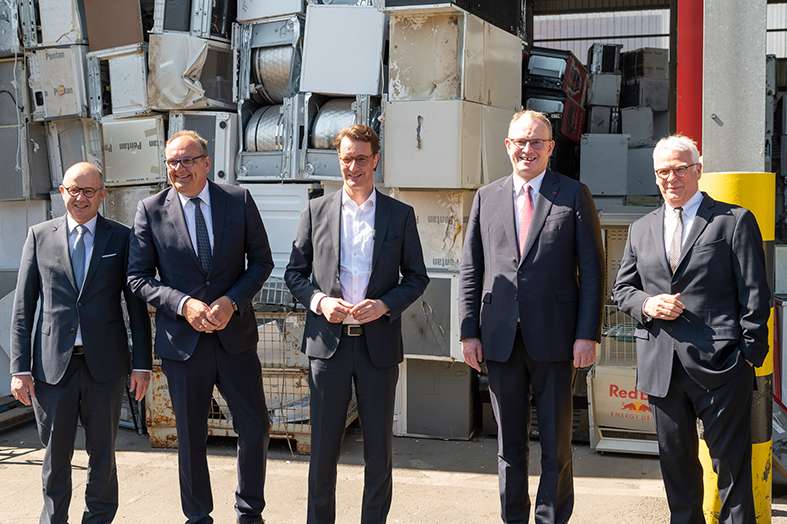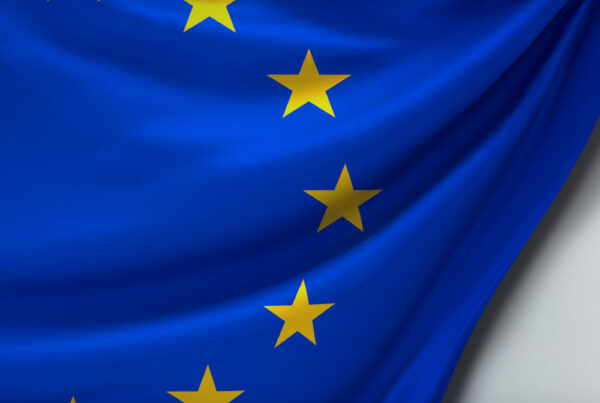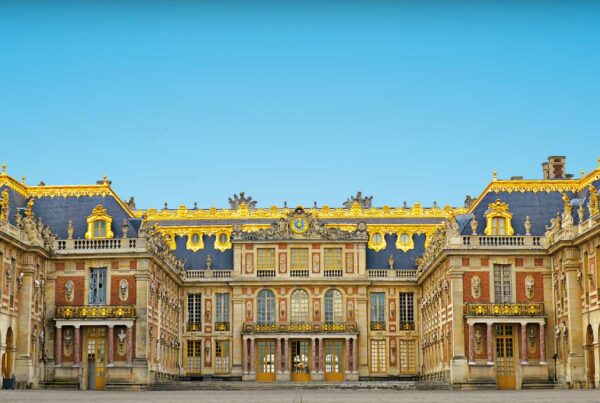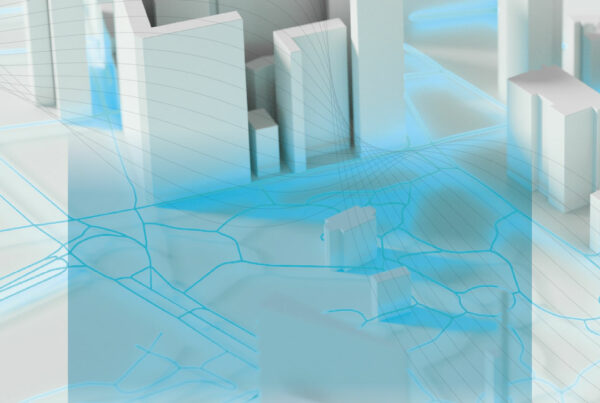Hendrik Wüst, minister president of North Rhine-Westphalia, visited pioneering companies in the Ruhr region in the transformation to a climate-friendly industry. In addition to the Evonik Chemical Park in Marl, Pilkington Deutschland AG and Knäpper Oberflächentechnik, the trip also took him to Europe’s largest centre for industrial recycling, the REMONDIS Lippe Plant in Lünen.
Against the backdrop of the pressing issues facing the economy, the circular economy has been identified as one of the key industries for combating climate change and reducing import dependency for raw materials and energy.
Minister president Wüst spoke with Ludger Rethmann, CEO of REMONDIS and supervisory board member of Transdev, and with Thomas Conzendorf, board member of REMONDIS, as well as a delegation of REMONDIS managing directors about the current and additional potential that modern recycling can still leverage and the political framework conditions that are required to achieve this. In the presence of journalists, Hendrik Wüst emphasised the importance of an innovative environmental service branch as an indispensable element in the transformation of the economy towards climate neutrality and independence from imports. “The current situation clearly shows how important it is to make our supply chains more robust. The circular economy is already making a significant contribution here. It is also about strengthening North Rhine-Westphalia’s attractiveness as a business location and securing local jobs. We have heard today that there is great interest on the part of industry in more and better recycling. Politicians are called upon to flank this positive development with suitable incentives and framework conditions.”
Ludger Rethmann, CEO of REMONDIS and member of the Transdev supervisory board, emphasised the importance of climate-neutral mobility in the future. “Transdev is already the European market leader in the use of regenerative drive technologies in local public transport with battery and hydrogen-powered buses, trains and trams. For NRW, we are currently developing concepts and project studies for passenger ferry transport on the Rhine as well as cable and ropeways as climate-neutral relief for road transport. This, too, is part of our contribution to climate protection and less dependence on fossil fuels.”
REMONDIS board member Thomas Conzendorf highlighted the special importance of the Lippe Plant as a lighthouse project and outlined what is important when it comes to recycling in the future. “This is a prime example of the contribution the environmental service branch can make to the supply of energy and raw materials in Germany. With a variety of recycling processes applied, the plant not only converts 1.6 million tonnes of waste materials into high-quality raw materials and climate-neutral energy, it also saves 488,000 tonnes of CO2 in the process, according to KlimaExpo NRW. What we need now is the right political course. Recycling starts with the product, i.e. with a recyclable product design. At the same time, we need binding quotas for the use of recycled raw materials and a prioritisation of sustainable products in public procurement.”

During a tour of the new facility for fridge/freezer recycling, minister president Hendrik Wüst was able to see the technical dimensions and performance of a modern recycling plant. Pictured from left to right: Andreas Bankamp (managing director of REMONDIS Aqua), Gerhard Jokic (managing director of REMONDIS Electrorecycling), Hendrik Wüst, Ludger Rethmann (CEO of REMONDIS) and Thomas Conzendorf (REMONDIS board member).
Image credits: images 1-2: © REMONDIS










